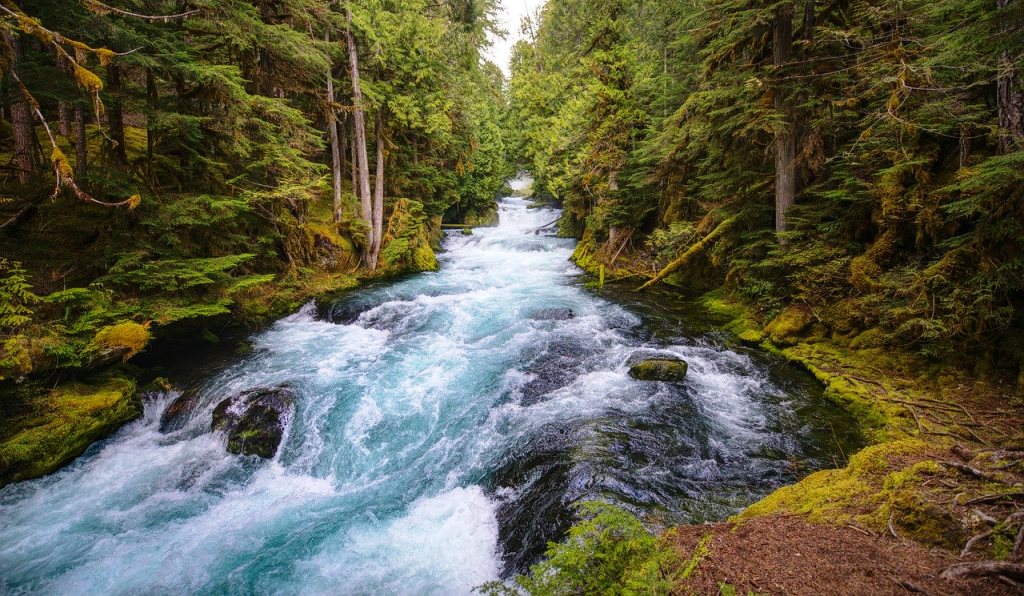On May 18, 2020—-as Congress works to restart the U.S. economy—200 wildlife, ecological restoration, nature conservation and environmental justice groups requested $25 billion in funding for a broad array of new and existing wildlife and public-lands restoration and conservation programs that will create hundreds of thousands of jobs and benefit people, communities and the environment.
The letter highlights projects that can be immediately implemented with additional funding, including recovering endangered species, building wildlife corridors, restoring watersheds and coastal areas, and addressing invasive species.
“Congress has a unique opportunity to simultaneously put people back to work and restore our nation’s natural heritage,” said Stephanie Kurose, an endangered species policy specialist at the Center for Biological Diversity.
“A truly green recovery means restoring our public lands and conserving wildlife,” she added.
The letter notes that on-the-ground conservation and restoration work is needed in virtually every corner of the United States.
This work creates quality jobs that can’t be outsourced and provide employment opportunities for those suffering disproportionately from the current economic downturn.
“Bold investments in the recovery of fish and wildlife species and the restoration of the nation’s public lands and waters will provide countless benefits for generations to come,” said Josh Osher, policy director for Western Watersheds Project.
“Funding for the programs and projects we have highlighted will improve our quality of life, protect and enhance public health, and provide many new high-quality jobs throughout America,” he continued.
The projects and programs outlined in the letter focus on changing our relationship with the natural world and are key steps towards protecting against future pandemics.
Decades of scientific studies have warned that, in addition to live wildlife markets, habitat destruction and biodiversity loss create a significant risk of zoonotic disease crossover into humans.
Photo of Mckenzie River in Oregon by Hardebeck Media from Pixabay.

